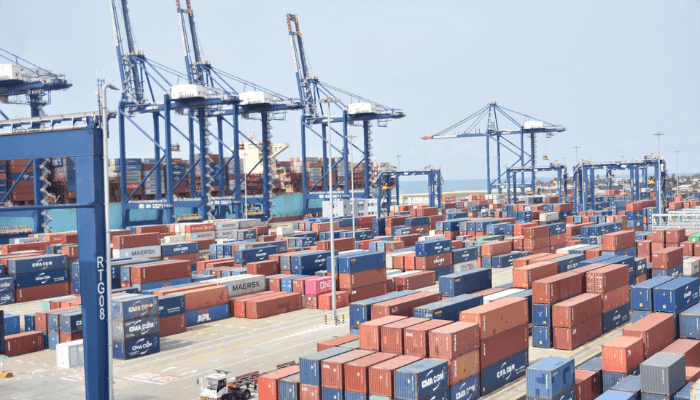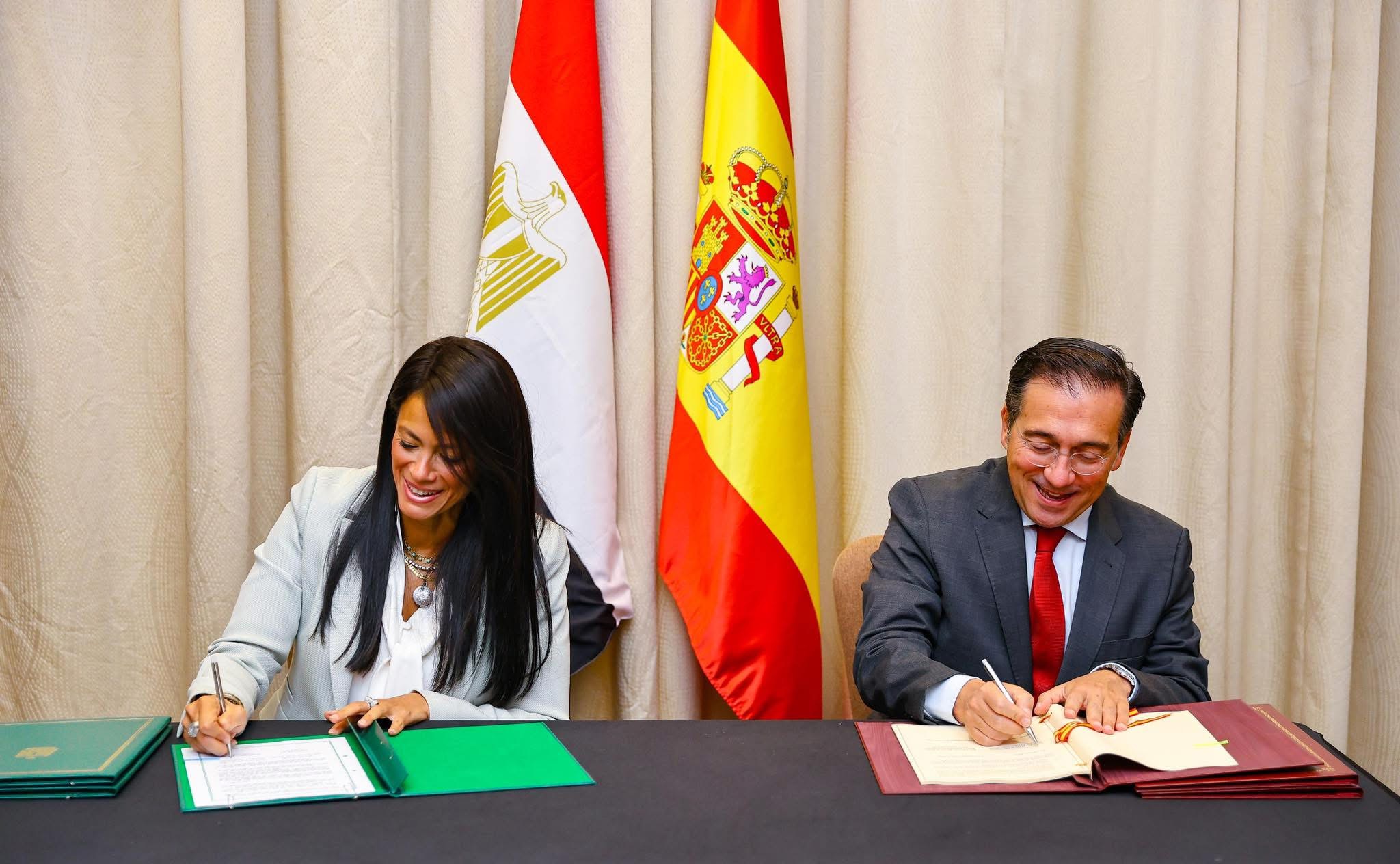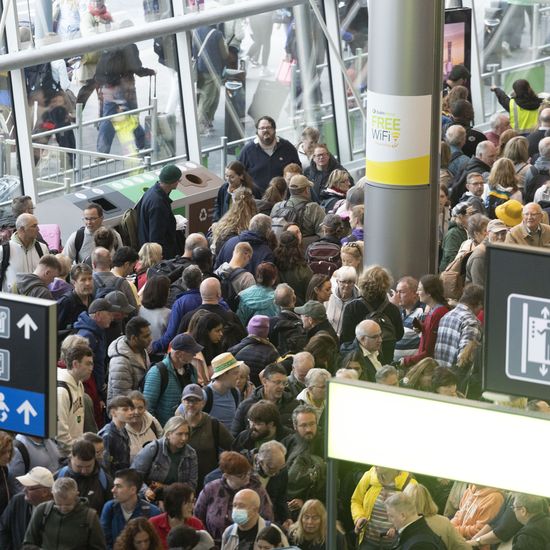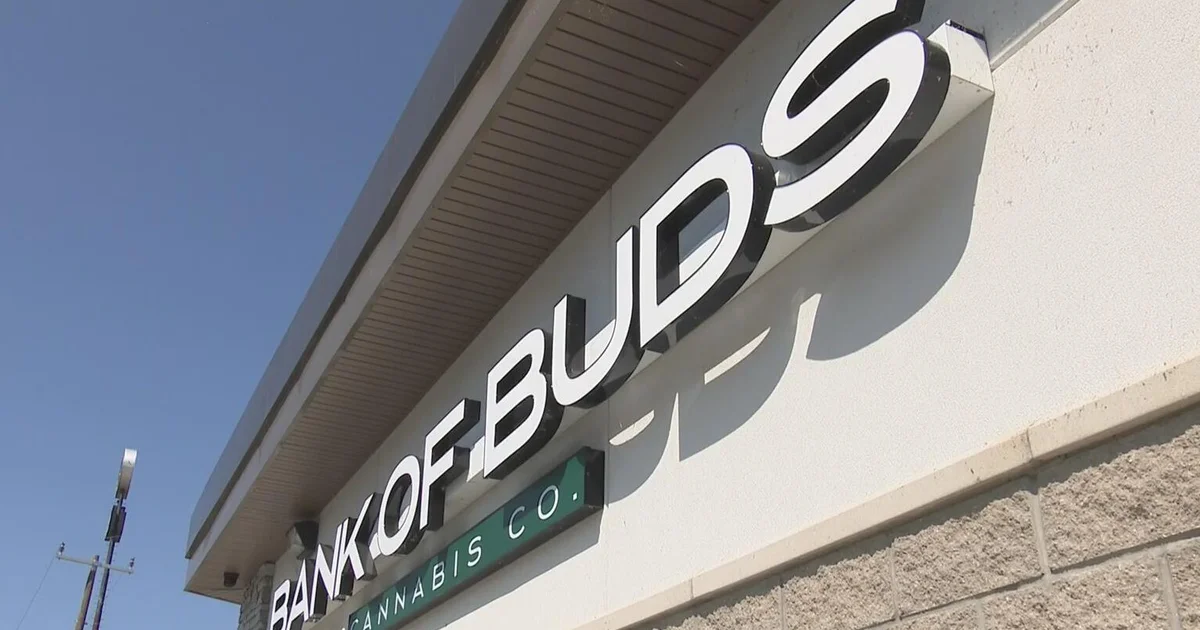By Bethel Olujobi
Copyright businessday

Nigeria’s maritime sector, a critical pillar of its economic blueprint, is currently being stifled not by a lack of vision but by a widening gap between policy and practice.
This was the consensus at BusinessDay’s 2025 Maritime Conference on Tuesday in Lagos, where experienced stakeholders gathered under a single roof to proffer solutions to the maritime industry problems.
Many stressed that the nation’s aspiration to become a global maritime hub is being undermined by three systemic failures: weak implementation of progressive policies, crippling infrastructure deficits and a persistent lack of technological synergy.
Recently, the Ministry of Marine and Blue Economy, led by Adegboyega Oyetola, introduced an ambitious 10-year policy aimed at moving the economy towards global competitiveness, targeting an annual growth target of seven percent and 100,000 new jobs each year.
Experts say that is only the first step and must be supported by action.
Technology and synergy
Nigeria’s ports are suffering from decades-old problems primarily due to old facilities and infrastructure that cannot accommodate present demand or meet current global standards.
One of the goals of the marine policy is to change this narrative. Experts say though the modernisation of port operations hinges on digitalisation, its deployment is constrained by internal friction.
Gbotolorun Ayodele, general manager, ICT at the Nigerian Ports Authority (NPA), noted that for this to work, there must be synergy.
“Ports need synergy to achieve the required deployment of technology,” he said, naming the National Single Window (NSW) and the Port Community System (PCS) as the two primary drivers.
The PCS, a digital platform that connects the various public and private stakeholders within the port ecosystem, serves as a foundational component that feeds into the broader NSW, an initiative that creates a single electronic point of entry for all regulatory and trade-related information for imports, exports, and transit goods
Ayodele noted that while initial emphasis was on revenue, “the real game changer is if we’re able to implement the port community system and NSW.” He listed “synergy, information sharing, integration and resistance” as primary challenges that “need to be broken,” alongside “monetary and budgetary constraints.”
Congestion, need for rail
Experts warned that without fixing the evacuation infrastructure, digital gains would be meaningless.
Uche Increase, managing Director, NOKIP NIG LTD, cautioned that while Nigeria has progressive policies, the poor infrastructure and a weak policy implementation continue to undermine progress. He noted that without an efficient inland transport system, particularly rail and road connectivity, the country’s ports will remain congested.
“Infrastructures like rail connectivity are very essential, because for any port to operate optimally, a rail system is critical.” He urged the federal government to become involved in logistics planning as much as it prioritises urban development.
“Let us stay away from overconcentration on river ports. Let’s look at the moribund and deep seaports.” He advised the federal government to open up deep seaports at Abi and Ogun State.
Echefu Ukattah, head, Maritime Practice, Olaniwun Ajayi LP, represented by Oluwafikayo Ogunrinde, also said that infrastructure development must integrate local populations.
“When local communities are integrated into policy frameworks, it ensures smoother operation of ports,” he said.
Read also: Whole-of-government approach non-negotiable for Nigeria’s maritime future – leaders
Standardisation, cost predictability
The current state of fragmented practices severely impacts the cost and ease of doing business, stakeholders said.
Kingsley Igwe, registrar, Council for Regulation of Freight Forwarding in Nigeria (CRFFN), pointed out that anything in the supply chain “directly affects the cost of things in the market.”
He flagged lack of standardisation, stating that customs services are not uniform across the country.
“The procedure in the Apapa is not the same at PTML and TinCan,” he said “There is a need to adopt a uniform pricing mechanism that will determine how much would be needed to clear cargo and other logistics costs.”
Igwe advocated for a system that provides predictability. “If I am to import 10 container cargoes, I should be able to predict ahead of time how much it will cost, as it is practised in other places of the world.”
Sustainability, safety
Industry players at the conference called for a review of outdated laws to address modern issues such as environmental sustainability and security.
Felicia Mogo, president of the African Marine Environment Sustainability Initiative, noted that Nigeria “needs to review maritime policies to meet the current market needs of the sector” and in alignment with the goals of the International Maritime Organisation (IMO).
She noted decarbonisation as a key sustainability strategy, urging that outdated policies “should be modernised to include frameworks that ensure sustainability.”
On security and safety, Sunday Umoren, secretary general, Abuja MoU on Port State Control, disclosed that the major problem of security is “raising freight rates.”
Partnerships
The unanimous agreement was that nothing would be possible without collaborative efforts from all stakeholders.
Patricia Igwebuike, commissioner for Transport in Anambra State, stated that her office is also contributing to this effort. “Most of the imports into the eastern parts of Nigeria come through Anambra State. We recognise the poor condition of our roads. Everyone must work together to ensure that Onitsha River complements the other ports in Nigeria,” she explained.



